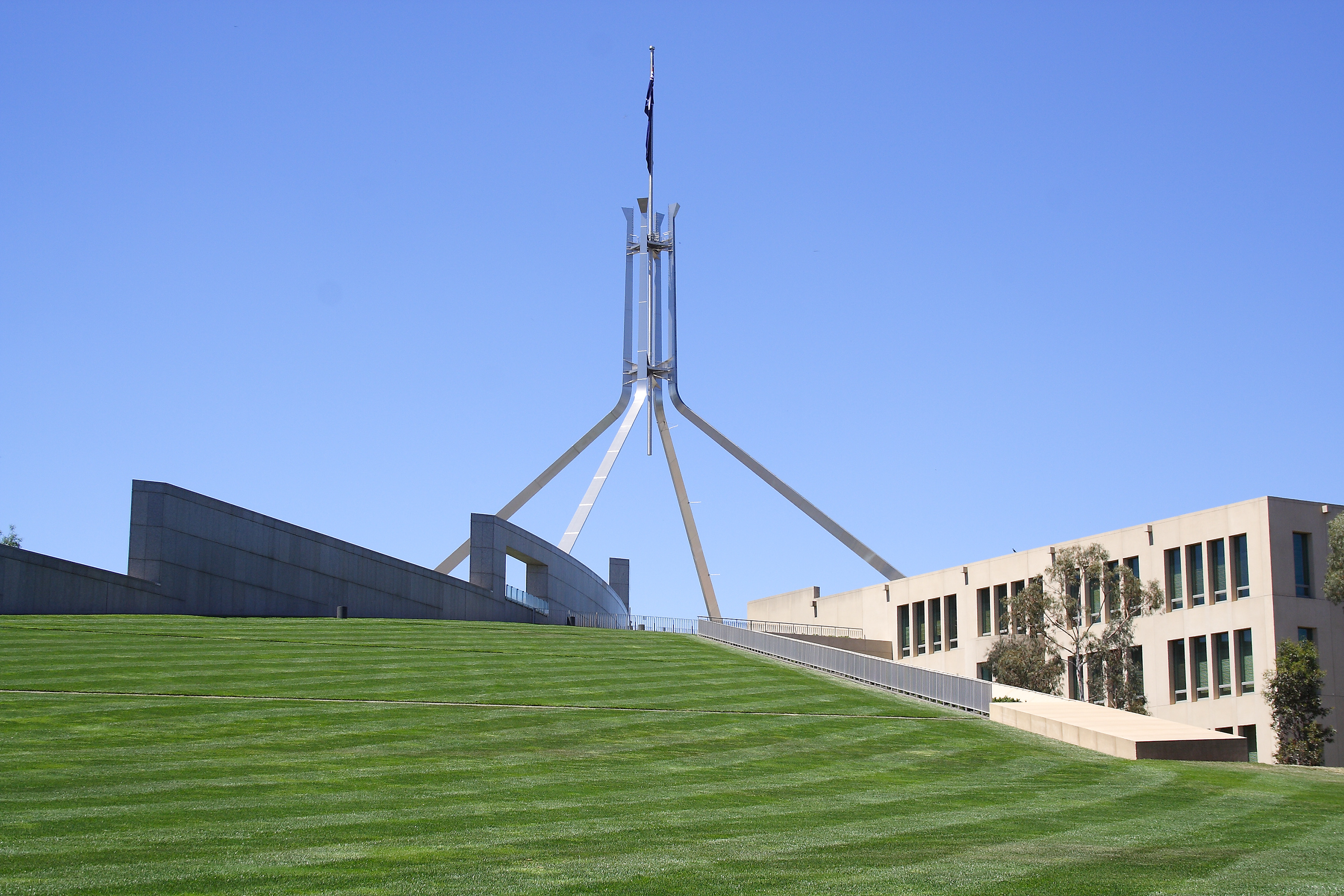With key picks for the Cabinet of the incoming Biden Administration now public, it is clear the Joe Biden Presidency will pursue a dramatically distinct policy agenda from that of outgoing President Trump.
This political agenda and subsequent appointments are set to have a significant impact on the Australian-US relationship, with the appointment of former Secretary of State John Kerry as Special Presidential Envoy for Climate being particularly notable due to the potential impacts on the climate policy of the Australian Government.
Nexus has prepared an overview of the new Biden Cabinet and present our key insights on the potential impact on Australia below;
KEY MEMBERS:
Antony Blinken – Secretary of State
President Biden’s pick for secretary of state, Mr Antony Blinken, represents a significant break from the Trump administration. Formerly deputy secretary of state, Mr Blinken is a committed internationalist, who spent some of his childhood in Paris and is fluent in French. He views US engagement with the world, including Europe and Australia, as vital. Mr Blinken also served as a member of President Bill Clinton’s staff and served under former President Barack Obama.
Mr Blinken has publicly expressed strong opinions on recent political events, including the Brexit process, tweeting that “This is not just the dog that caught the car, this is the dog that caught the car and the car goes into reverse and runs over the dog. It’s a total mess.”
Janet Yellen – Secretary, US Treasury
The first woman to chair the US Federal Reserve, 74-year-old economist Ms Janet Yellen, will achieve another ground-breaking first: becoming America’s first female treasury secretary. Formerly an assistant professor at Harvard and a lecturer at the London School of Economics, Ms Yellen is an expert in labour markets and has highlighted the economic impact of uneven growth in the jobs market.
President Trump declined to reappoint her to the Federal Reserve after his election, making her the first central bank chief not to serve two terms since the administration of President Jimmy Carter. As head of the Federal Reserve, Ms Yellen kept interest rates near zero until late 2015, when she lifted them very slowly to encourage employment gains.
Linda Thomas-Greenfield – US Ambassador to the United Nations
Ms Greenfield formerly served as Assistant Secretary of State for African affairs under the Obama and Trump administrations. She also served as President Obama’s top diplomat on Africa from 2013 to 2017, leading U.S. policy in sub-Saharan Africa during the West Africa Ebola outbreak. After leaving the State Department, Ms Thomas-Greenfield took a senior leadership position at former Secretary of State Madeleine Albright’s global strategy company.
President Biden also plans to elevate the position of U.N. ambassador to Cabinet-level, making her impact on foreign policy more critical than previous appointments.
THE CLIMATE ENVOY:
Mr John Kerry is a prominent and established figure in the Democratic Party — formerly serving as Secretary of State in the Obama administration; a former senator from Massachusetts for more than 25 years; and the Democratic presidential nominee in 2004. While the President’s Special Envoy for Climate is not a Cabinet position, Mr Kerry will sit on the National Security Council, marking the first time the NSC will include an official dedicated to climate change. Mr Kerry tweeted after the announcement of his selection, “America will soon have a government that treats the climate crisis as the urgent national security threat it is.”
The selection of John Kerry as climate envoy marks a critical departure from the climate policy of the Trump administration, and this shift is set to have a significant impact on Australia. Currently, the Morrison Government has worked through its stance to set a binding target to reach Net-Zero emissions by 2050.
As Climate Envoy, Mr Kerry has the political capital to enforce emissions targets as set out in the Paris Agreement. Mr Kerry, during the Obama Administration, was a key negotiator on the Paris Agreement and has a vested interest in seeing the United States re-join that agreement and hold other nations to account for their failure to meet Paris Agreement commitments.
A mechanism the Biden Administration may employ to achieve this is the use of tariffs on countries failing to meet their climate targets. In response to a previous proposal by the European Union to impose Carbon Tariffs, Mr Kerry stated that “It’s not whether it’s going to happen — it’s going to happen,”. Mr Kerry’s comfort with the utilisation of carbon tariffs also coincides with the President’s ability to impose them.
Under Section 232 of the Trade Expansion Act of 1962, a President of the United States can raise tariffs on imports that pose a threat to national security. Section 232 allows the President to implement these tariffs without the approval of Congress, following an investigation by the Department of Commerce.
Considering Mr Kerry’s quote that the Government will treat “the climate crisis as the urgent national security threat it is”, the imposition of tariffs is a potential outcome that should be considered by Government and businesses alike
Latest posts by Nexus APAC (see all)
- United Kingdom General Election 2024: An Overview - April 15, 2024
- Australian Voters Go to the Polls - February 26, 2024
- Secretaries of Federal Departments – An Overview - February 1, 2024



